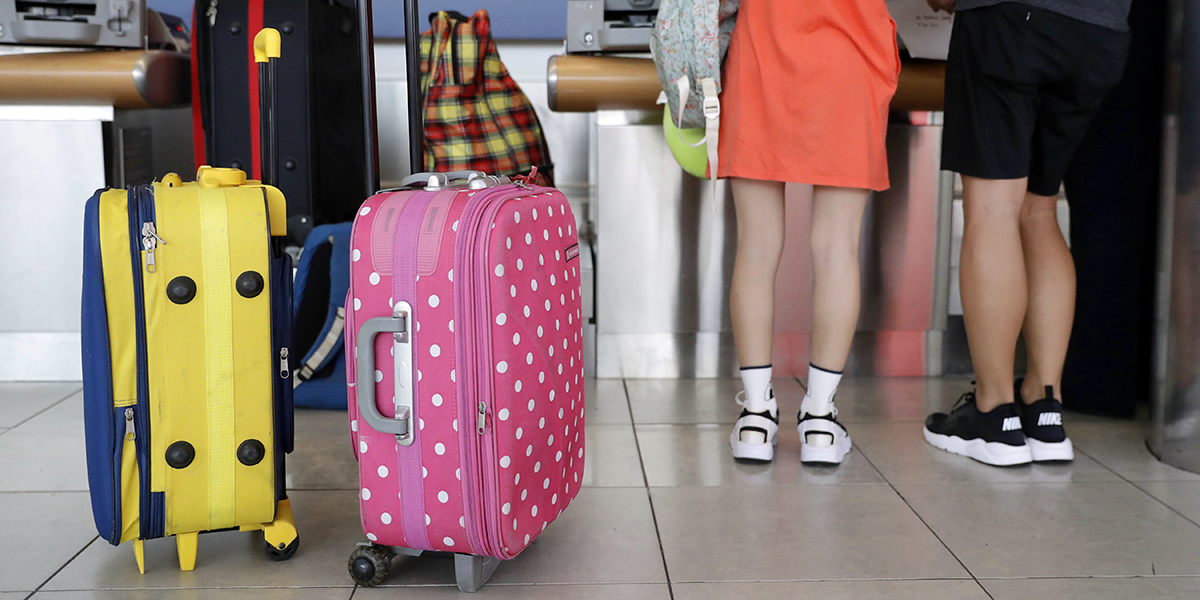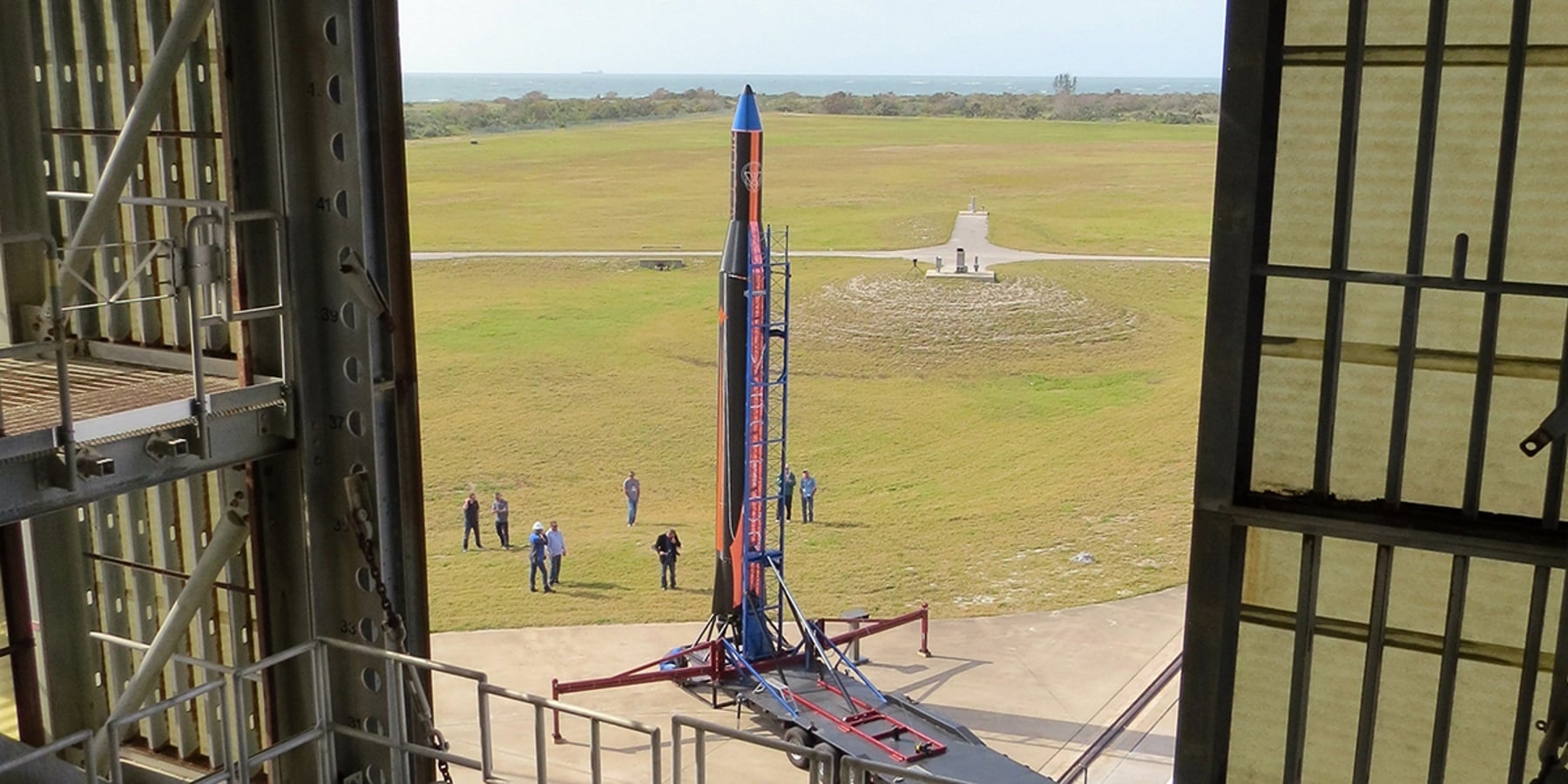Delta Air Lines Bans Motorized, Rideable Suitcases

In this July 12, 2016, photo, passengers prepare to check bags at a Delta Air Lines counter at Baltimore-Washington International Thurgood Marshall Airport in Linthicum, Md. Delta Air Lines is rolling out new technology to better track bags throughout its system. (AP Photo/Patrick Semansky)
Patrick Semansky / Associated Press
The latest electronic device Delta Air Lines’ has forbidden on its planes is a rideable suitcase.
Those are rolling bags you can sit on and ride through the airport.
Just like hoverboards, the problem is with the lithium ion batteries.
It’s the same type of battery in the Samsung Galaxy Note 7, which federal authorities banned from planes in October.
https://www.youtube.com/watch?v=HazWCa3huMY
John Drengenberg is an electrical engineer and consumer safety director at UL, the company that sets safety standards for everything from toasters to lithium ion batteries.
“We want a lot of energy in our phones and in our laptops and in our hoverboards and we don’t want to be recharging them all the time, so the lithium ion technology is great for that, because it can carry a large charge in a small amount of space,” Drengenberg said.
It’s also why, he said, if the batteries are not properly manufactured, the chemicals inside can expand and cause an explosion.
“We’ve been testing lithium ion batteries for several decades already, it’s not a new technology, although the way they’ve grown and gotten into many different products is the reason that airlines have banned them, because many of them have not been certified for safety,” Drengenberg said.
Federal authorities haven’t banned the rideable suitcases, but Delta Air Lines has. A spokesman said manufacturers were not providing enough information about the size and power of the batteries.
Federal aviation rules do prohibit any device with a lithium ion battery of more than 160 watt hours on carry-on or checked bags.
9(MDAxODM0MDY4MDEyMTY4NDA3MzI3YjkzMw004))








